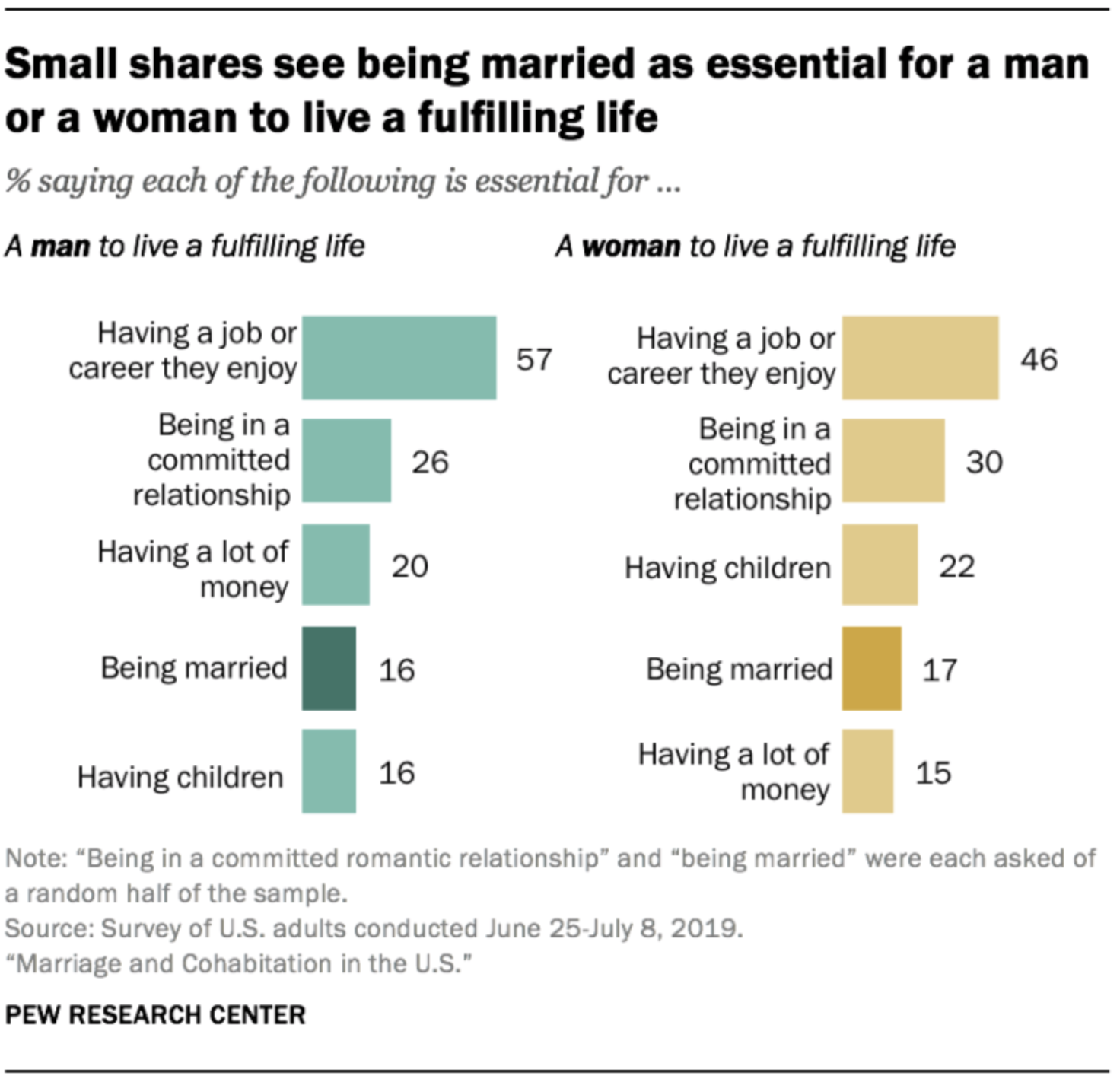My wife, Stephanie, and I just celebrated our 12th anniversary. Some days it feels as though we’ve been married for decades, and there are still times that I look at her and wonder who she is and what she’s doing in my life. I often think that I hardly know her. During our first few years of marriage, we spent regular time asking each other important questions about life. It was part of the rhythm that we adopted to learn more about each other.
Just this past holiday season on a family trip out West, Stephanie and I spent a few hours asking and answering questions about each other during our drive (we got a “road trip” kit that provided activities for the kids and the adults alike). It was a refreshing exercise to get us back into discussing some parts about each other that have not be regular conversations we have.
Like that infamous “new car smell”, the newness and excitement in marriage can easily wear off. Without an intentional approach to pursuing the other person, couples will grow distant. As I look back on our 12 years together, there are four conversations and questions that regularly surface for us: Sex; Money; Dreams/Desires; and Love language. These are excellent and challenging topics to keep couples connected and engaged in each others lives.
Sex
Outside of the bedroom, and not always in a romantically inclined situation, ask and talk to your spouse about your sex life together. Too often we express sexual needs only in the moment, and not proactively. This is a challenging topic because there is often so much shame associated with sex. Where there is shame, there is hiding. The goal here is to first and foremost be an proactive participant in your sexual relationship. Secondly, conversing will slowly and methodically bring sex to the table as a comfortable and unashamed topic. Doing this requires that sex not be a topic that is only expressed, it also must be discussed. Talk about needs, wants, and desires. Talk about what is comfortable for you, and what isn’t. Set boundaries, and respect each others’ needs in this area.
Money
Not only is money one of the most divisive topics in marriage, but it’s also the most difficult aspects of life to handle. Money puts a spotlight on our drive and passion, desires, habits, and what we find most important. Money is tangible evidence of where our values are aimed. Spending regular time to discuss money will help to weed out the potential traps that come when money gets scarce. These conversations can take place in the form of a monthly or bi-weekly budget meeting (which I highly recommend), or they can be conversations about what to do with a windfall, if you win the lottery, or what you want to save your money for. Regardless of how you talk about it, talk about money at least once a month.
Dreams, hopes, desires
In a similar light to money, discuss the passions you have for life. Explore old childhood memories of wanting to be a pilot, astronaut, or dancer. It’s easy to get caught up in the mundane aspects of life and forget to spend time dreaming about the future. If we do not talk about what our goals and dreams are, we will become bored and numb-out to life. Everyone has a dream, the questions is will you risk going for it. These conversations are both exploratory and accountability with your spouse. Name your dreams to each other, set goals, and help each other.
Here’s a way to do this: Take a couple of hours together one night and do the following: Get 2 poster boards from the school supply section at the store, get some magazines (as a side note, play the game “what are they getting ready to say” as you flip through the magazine and see people’s picture). Go home and spend an hour putting together a “dream board.” Cut and paste pictures, words, and ideas from the magazines onto the poster board that represent things that you want to accomplish in the next 5-10 years. After each of you are done with this, talk about your board with the other person.
How do you feel loved
Occasionally, 2-3 times per year, on our weekly date I will ask Stephanie how she has felt loved by me lately. It’s a simple question that invites her to share with me aspects of her life that feel meaningful to me. One of my goals as a husband is for my wife to know through experience that I love and care for her. I don’t want to rely on my words as the evidence of this, rather I want her to have tangible experiences she can remember.
This question also serves as an opportunity for Stephanie to share some areas where she wants me to improve. Rarely have we gotten into a fight after these conversations because I’m ready for the feedback and critique when I ask this question. I don’t ask this when I’m not able to hear her responses.
These four conversations topics can be setup in such a way that every month you follow a similar routine. Perhaps take one of these topics per week, and make it a regular part of your lives together. Don’t let the routine of Facebook, TV, sporting events, or other ways of checking out stand in the way of growing closer together with your spouse.
(article originally published at Start Marriage Right)

